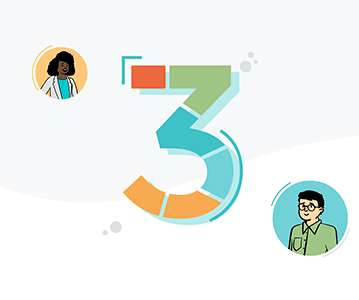5 Tips To Improve Your Teaching And Boost Your Career
EdNews Daily
OCTOBER 8, 2018
It’s often possible to further your training while continuing to teach thanks to self-paced online courses: for example, this comprehensive prep course for Praxis Core exams and Subject Assessments. Everything a New Elementary Teacher REALLY Needs to Know (But Didn’t Learn in College). Minneapolis: Free Spirit Publishing, 2013.





















Let's personalize your content